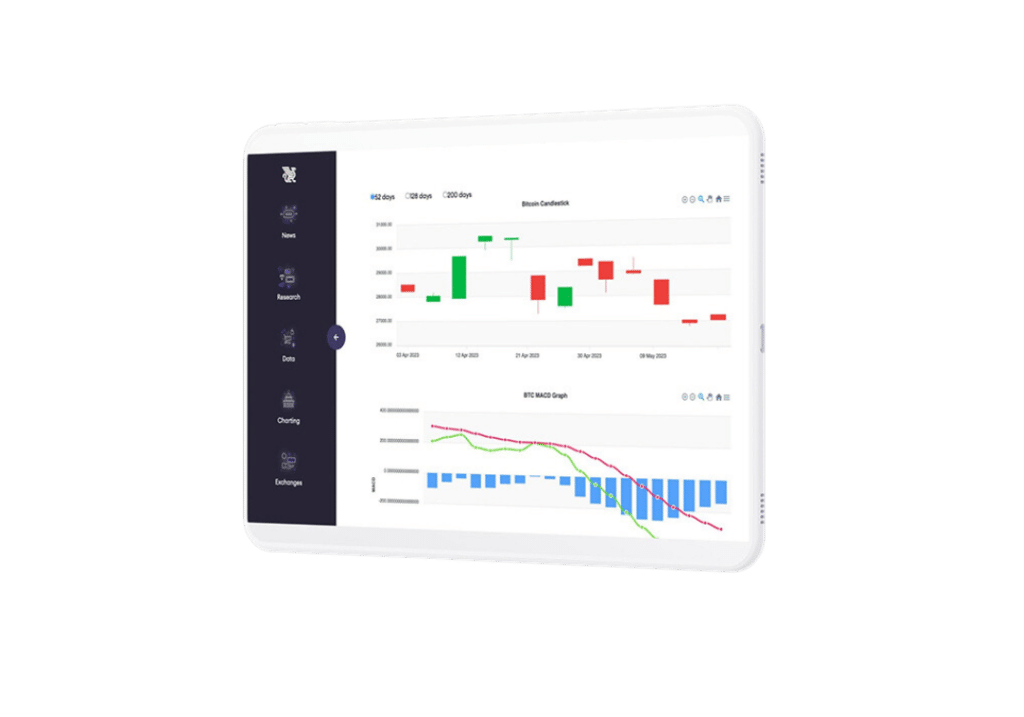
Take Profits with DYOR
The Centralization Paradox: Navigating the Dangers of Mining Pools in Decentralized Blockchains
The rise of mining pools has introduced a concerning level of centralization within the blockchain ecosystem, a stark contrast to the founding principles of decentralization that underpin this revolutionary technology. While mining pools serve the practical purpose of providing individual miners with a more consistent and predictable revenue stream, their concentration of computational power poses significant risks to the integrity and security of blockchain networks.
One of the most alarming dangers associated with mining pools is the potential for a single entity to accumulate a controlling stake, surpassing the critical 51% threshold of total hash rate. This scenario, which has occurred in the past, effectively grants the dominant mining pool the ability to dictate the transaction history and potentially execute double-spending attacks, undermining the very foundation of trust and immutability that blockchains are built upon. Compounding this issue is the opacity surrounding the ownership structures of mining pools, as multiple seemingly separate pools could potentially be controlled by a single entity, further exacerbating the centralization concerns.
Beyond the direct threat to network security, mining pools wield considerable influence over the economics of blockchain networks. They possess the power to manipulate transaction fees and gas prices, effectively increasing the cost of using the blockchain for ordinary users. Moreover, allegations have surfaced suggesting that mining pools have interfered with Initial Coin Offerings (ICOs) by preventing users from participating, further illustrating the extent of their potential impact on the broader ecosystem.
The rise of decentralized finance (DeFi) platforms has introduced a new dimension of risk associated with mining pools. Through techniques such as arbitrage, liquidations, and sandwich attacks, miners can potentially extract value from these platforms, exploiting their position as transaction validators for personal gain. This practice not only undermines the principles of fairness and transparency but also erodes trust in the overall DeFi ecosystem.
Beyond direct attacks on the blockchain itself, mining pools also pose risks at the network layer. By partitioning their users into different network segments, mining pools can create inconsistencies in the perceived state of the blockchain, leading users to make decisions based on incomplete or inaccurate information. This can result in financial losses and further undermine the reliability and trustworthiness of the blockchain network.
Furthermore, the concentration of mining power within specific geographic regions introduces political and regulatory risks. Government actions, such as China’s potential ban on mining operations, could have profound implications for the stability and security of blockchain networks, as a significant portion of the global hash rate could be disrupted.
Finally, the trust placed in mining pool operators is a critical factor. Miners entrust their rewards to these operators, and any failure to distribute rewards fairly and promptly could lead to a mass exodus of miners, potentially destabilizing the network. Additionally, mining pools hold significant influence over voting mechanisms and protocol changes, as their combined hash power effectively determines the outcome of such decisions.
In summary, while mining pools offer practical benefits to individual miners, their centralized nature poses significant risks to the security, integrity, and decentralization of blockchain networks. From the potential for 51% attacks and fee manipulation to network layer exploits and regulatory uncertainties, the dangers of mining pools underscore the need for continued vigilance and the development of mechanisms to mitigate these risks, ensuring that the fundamental principles of decentralization and trustless-ness are upheld.
